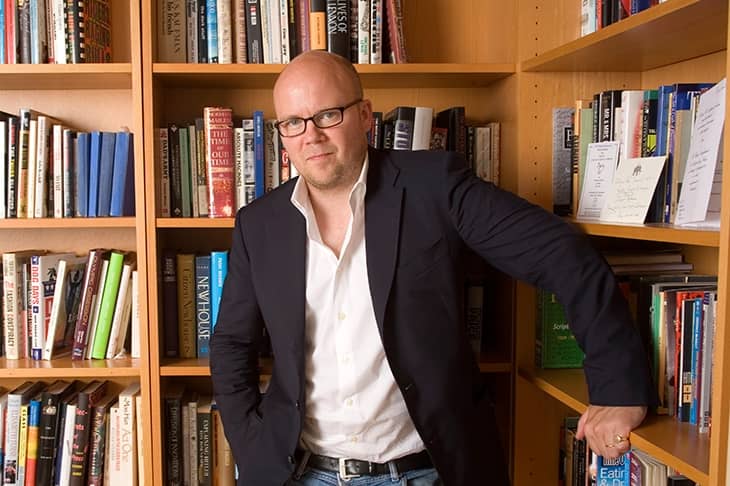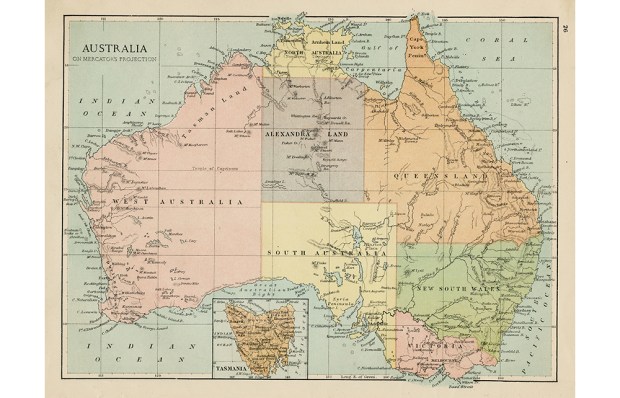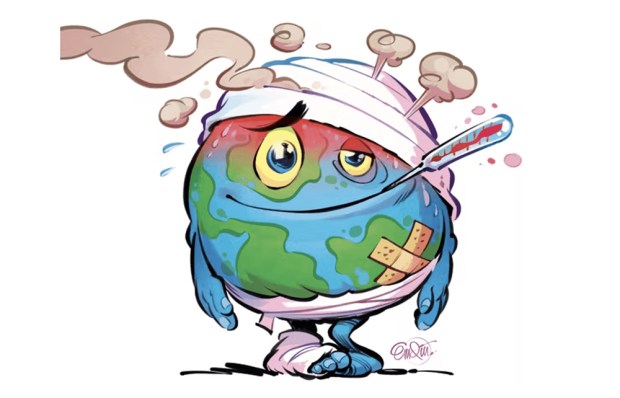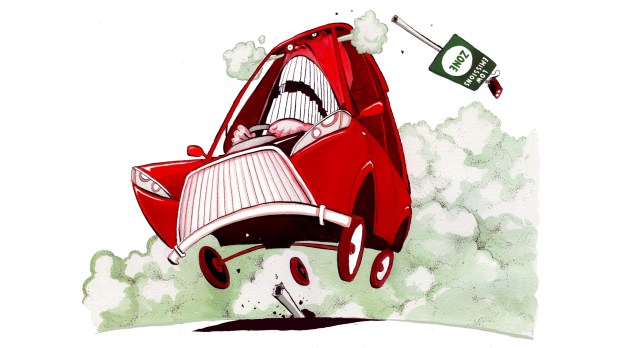Last week brought the news that some universities have attached more ‘trigger warnings’ to certain books, concerned that students may find their contents offensive and upsetting. No, we’re not talking about Lolita, American Psycho or The 120 Days of Sodom. The works judged too disturbing for young people of a sensitive disposition include Oliver Twist, Nineteen Eighty-Four and Harry Potter and the Philosopher’s Stone. I’m not making that last one up. The English department at the University of Chester has included it as a set text on its Approaches to Literature module and cautioned students that it may ‘lead to some difficult conversations about gender, race, sexuality, class, and identity’.
My first reaction on reading this news was not outrage, but envy. How can I get a university to attach a trigger warning to How to Lose Friends and Alienate People, my 2001 bestseller? It would be an absolute gift in my capacity as general secretary of the Free Speech Union. I could pop up every night on GB News to pontificate about how this is only one step away from book-burning and denounce the younger generation as ‘snowflakes’ who’ve been infantilised by over-protective parents. I can imagine the points I’d make as I worked myself up into a lather. The Harry Potterbooks teach children to be courageous and resilient, not cower under their beds at the first sign of trouble. Has the professor teaching the course actually read them?
I can’t see it happening, unfortunately. For a university to put a trigger warning on How to Lose Friends it would have to be on a student reading list. It charts my failure to take Manhattan as a junior editor at Vanity Fair in the mid-1990s, but it hasn’t even made it on to any media studies courses as far as I know. And if it did, I doubt it would enjoy enough notoriety for anyone to complain. It has never been censored. On the contrary: I sold the Mandarin translation rights and it went on sale in mainland China.
The only controversy surrounding the book was entirely manufactured by me — and that backfired spectacularly. It centred around a chapter in which I recounted my experience of organising a photoshoot at the Groucho club for Vanity Fair’s ‘Cool Britannia’ issue. This was in 1996 and three of the leading boulevardiers of the day had agreed to pose in designer outfits lounging around the snooker table. But they behaved like complete primadonnas, mainly because each of them didn’t want the other two to think they cared about being photographed for a glossy American magazine, even though they all desperately wanted to be in it. So I was given the role of arm-twister, as in, ‘Oh, go on then, you’ve twisted my arm’.
As part of this charade, two of them went ‘on strike’ about halfway through and refused to continue unless I supplied them with cocaine. To give you an idea of how stressful this was, I was overseeing a team of five people — photographer, photographer’s assistant, stylist, hairdresser and make-up artist — who were all on the clock, and I was under strict instructions not to let the shoot go over budget. So I complied with the request, which turned out to be remarkably easy because at that time you couldn’t walk ten yards in the downstairs bar of the club without bumping into a cocaine dealer. I used to joke that if a terrorist posted an envelope full of anthrax to the Groucho, it would be up someone’s nose within 30 seconds.
Anyway, the book’s publication in 2001 coincided with Matthew Freud taking over the club and announcing a ‘strictly no drugs’ policy, so I tipped off a hack on the Evening Standard about this passage. He duly called Freud, broke the news and he heatedly announced that I was now banned for life. That wasn’t what I was expecting at all. Apparently, my sin was to have broken the club rule of omertà. I pointed out to Freud that two of these men had never made any secret of their drug use — one had even been interviewed in a Sunday newspaper about his cocaine habit — but to no avail. The Groucho didn’t even return my joining fee.
The truth is, I should come with a trigger warning, but not my book. About five years later, when How to Lose Friends was being made into a film, I was banned from the set after I upset the female lead, Kirsten Dunst, by giving her extensive notes on her performance. If I want to become a literary bad boy, I’m going to have to write a children’s book.
Got something to add? Join the discussion and comment below.
Get 10 issues for just $10
Subscribe to The Spectator Australia today for the next 10 magazine issues, plus full online access, for just $10.
You might disagree with half of it, but you’ll enjoy reading all of it. Try your first month for free, then just $2 a week for the remainder of your first year.















Comments
Don't miss out
Join the conversation with other Spectator Australia readers. Subscribe to leave a comment.
SUBSCRIBEAlready a subscriber? Log in